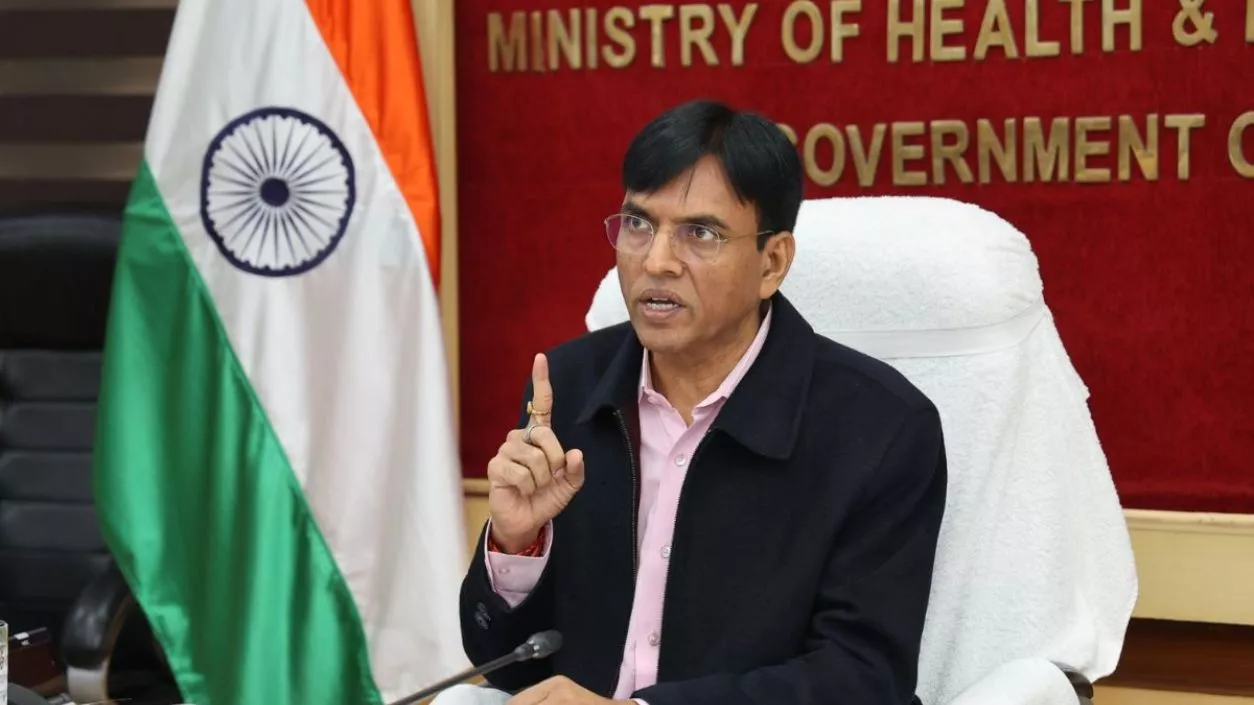.gif)
.gif)

The Indian government has introduced the National Sports Governance Bill, aiming to enhance governance and transparency within the Indian Olympic Association and National Sports Federations (NSFs). Union Sports Minister Mansukh Mandaviya emphasized the bill's critical role in fostering ethical practices and improving the overall governance structure in Indian sports, particularly as the nation eyes hosting the 2036 Olympics.
A cornerstone of the bill is the establishment of the Sports Regulatory Board of India. This central authority will grant recognition to federations and ensure their compliance with governance, financial, and ethical standards. Mandaviya noted the existing challenges, including multiple federations claiming the same name and competing for government recognition, which often impede effective governance. The Sports Regulatory Board will introduce a standardized process for affiliation based on eligibility criteria outlined in the bill.
The draft legislation stipulates that only recognized sports bodies can use the Indian flag or national names. Violations can incur fines and penalties, including monetary fines up to ₹10 lakh or imprisonment for up to one year. Furthermore, federations will now fall under the purview of the Right to Information (RTI) Act, increasing transparency and allowing stakeholders greater access to information regarding federation operations. To expedite the resolution of disputes, the bill proposes the creation of a dedicated appellate sports tribunal.
This tribunal will address sports-related grievances, significantly reducing the reliance on traditional courts and providing athletes and federations with a faster and more efficient means of resolving conflicts. The governance structure outlined in the bill adheres to international best practices, aligning with the Olympic and Paralympic charters. It restricts the size of the executive council to 15 members and mandates that at least 30% of these members be women. Additionally, 10% of the voting members in the general body must be “Sportspersons of Outstanding Merit,” ensuring that athletes have a significant voice in the decision-making processes.
Moreover, the bill calls for federations to engage electoral officers from a Sports Election Panel to conduct free and fair elections. It mandates the formation of athletes' commissions within NSFs, providing a platform for athletes to participate actively in governance and policy formulation. The emphasis on talent identification and development pathways is also highlighted as a key strategy for improving the performance of Indian athletes on the global stage.
As part of a broader strategy to generate revenue streams and create a sustainable sports ecosystem, the bill encourages public-private partnerships to enhance funding for sports initiatives. Mandaviya stated that these measures are essential for nurturing a new generation of athletes and promoting sports at all levels in India. The Ministry of Youth Affairs and Sports has opened the floor for public feedback on the draft bill, inviting comments from stakeholders and the general public until October 25, 2024.